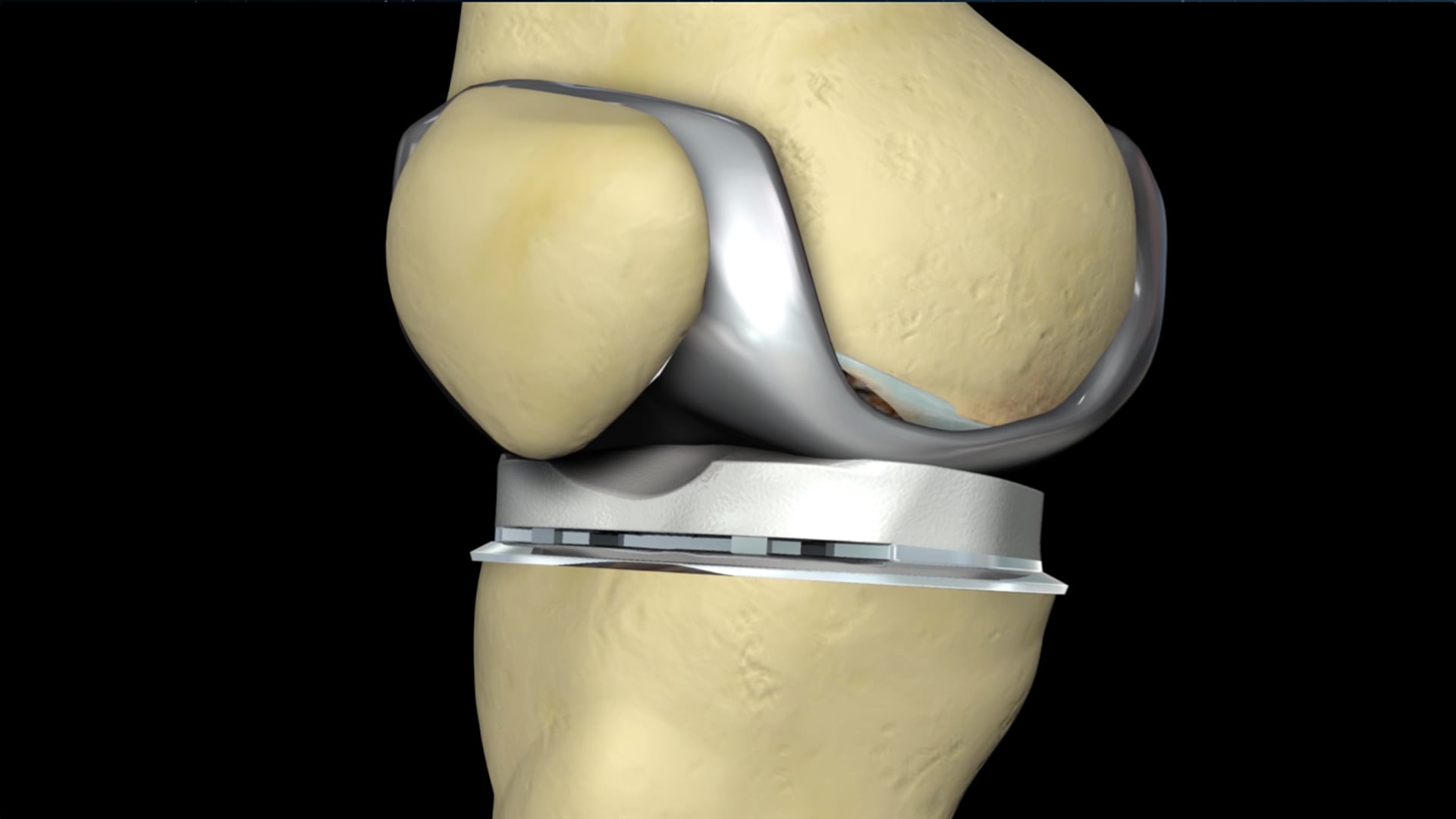Knee replacement is one of the most successful surgeries being performed.
Results
Between 80–90% of patients are satisfied with their knee replacement surgery and 90% of the prostheses last for at least 15 years. Most people experience better knee function, improved mobility and good pain relief after their recovery. Most also report a significant improvement in their quality of life at 6 months following surgery.
After recovery, you can enjoy low-impact activities, such as jogging, swimming, golfing or biking. Higher impact activities such as sprinting, contact sports or jumping should be restricted and discussed with your surgeon.

Risks
Most knee replacement surgeries are problem-free but about 1 patient in 20 may have complications. Most can be treated successfully, although sometimes further surgery is needed. Complication rates vary between countries, hospitals and surgeons.
The most common complications are:
- Infection. The risk of infection is very low as an antibiotic is given before and after surgery. Skin and soft tissue infections are the most common and may only require antibiotics. Approximately 1% of patients develop an infection that extends to the prosthesis and this almost always leads to repeat surgery. To learn more about signs of infection go to Caring for your knee.
- Blood clots. Clots may develop within the veins of your calf following knee replacement surgery – this is known as deep vein thrombosis (DVT). In uncommon cases, the clots may travel from your veins to your lungs and cause pulmonary embolism and can be fatal. To prevent this, your surgeon may prescribe oral medications or injections after the surgery for a period. Smoking and obesity increase the risks of DVT and pulmonary embolism.
- Blood loss. Blood is inevitably lost during surgery and in some cases, a blood transfusion may be required. A tourniquet is usually used during surgery to reduce blood loss. If you’re taking blood-thinning drugs you may be asked to stop them before surgery.
- Stiffness of the knee. This is expected during the first few weeks after surgery and is due to swelling. However, as the wound heals and swelling subsides, scar tissues develop within your knee and this can progress to long-term stiffness. In severe cases, patients may need another procedure to break up the scar tissues.
- Injury to nerves or blood vessels is a rare but serious complication of knee replacement. A vascular surgeon may need to repair them. Numbness and weakness of the foot may develop in the event of a nerve injury. In most cases, the nerve recovers after a few months but sometimes additional procedures are needed.
- Breaking of the bone around the prosthesis is known as a ‘periprosthetic fracture’. This usually happens as a result of a fall or direct trauma to the knee. Periprosthetic fractures can be fixed with additional surgery.
- Long-term complications. After years of use, the prosthesis can loosen or fail due to wear and tear. If this happens, you’ll need to have another surgery to replace the worn parts. Being overweight can increase wear and tear on the prosthesis and reduce its lifespan.
Ask your surgeon about the results and risks associated with your surgery. Also ask about their own rates of patient satisfaction and the rate of complications following the surgeries they’ve performed.







